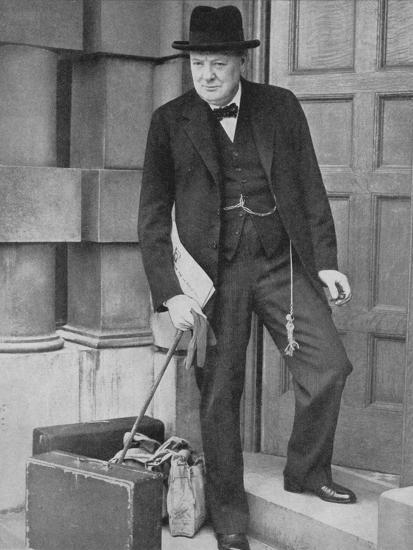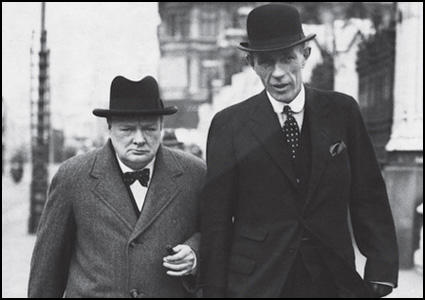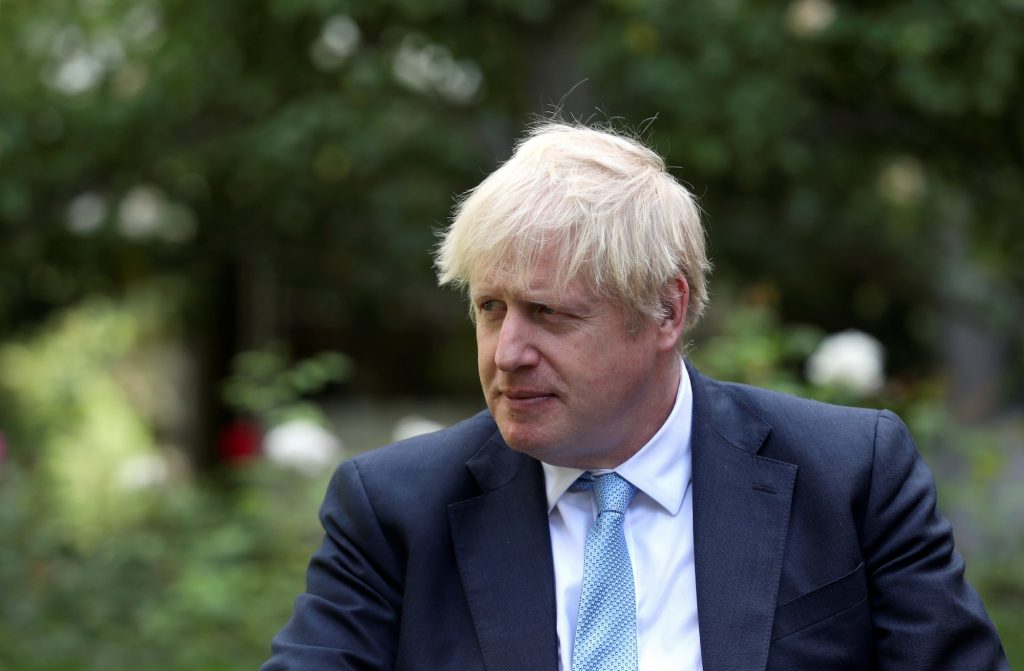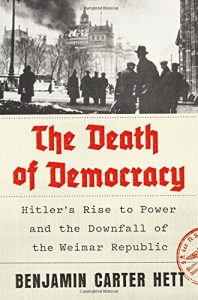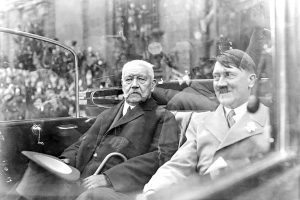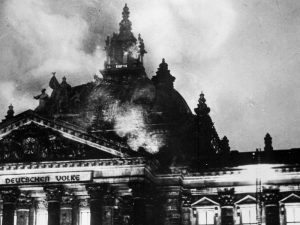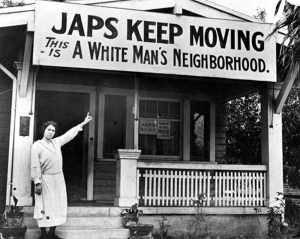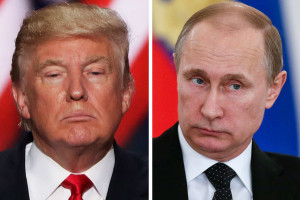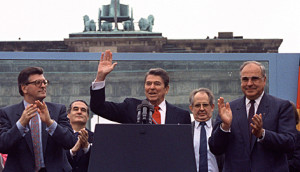My dad was not quite 17 years old when the stock market crashed in October 1929, the unofficial starting bell of the Great Depression. As a result, he never went to college. He had no professional training beyond the self-education that comes from knowing how to operate at the business end of every kind of tool.
Yet, he always maintained he was a lucky fellow and never really had to worry, as many of his Nebraska neighbors did, about where the next meal or next mortgage payment was coming from.
In his narrative account of The Great Depression – The Hungry Years – historian T.H. Watkins relates the story of one Nebraskan, Theresa Von Baum, who worked her 80-acre farm with only the help of her sons after her husband’s death. By October 1932, three years into the depression, Mrs. Von Baum had apparently reached the end. She couldn’t make a payment on the $442 mortgage on her farm.
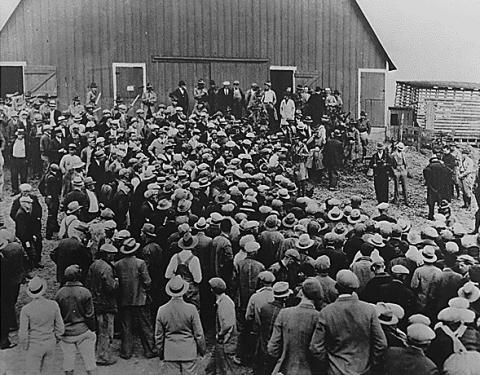
The local bank, the carrier of the mortgage, tried to carry her for a while, but the bank failed, and a receiver showed up announcing he was there to organize a sale of the farm, the equipment and the livestock.
Then something amazing happened. As Watkins wrote, “2,500 farmers showed up.” The men surrounded the fellow now holding Mrs. Von Baum’s debt and announced, “We’ll give you $100 for that mortgage. We don’t intend to have that woman sold out.”
After first resisting and declaring that he would re-schedule the sale, the receiver finally backed down. The farmers set about holding their own auction. Cows went for 35 cents apiece. Six horses sold for a total of $5.60. Plows, a hay binder and corn planter brought a few cents. Those measly assets were combined with what the farmers collected among themselves, a total of $101.02. The animals and equipment were immediately returned to Mrs. Von Baum.
Then the farmers “handed the money to the receiver,” Watkins writes. “Probably counting heads and coming to the conclusion that forcing the issue was not likely to get him a cent more – and might get him a broken nose, or worse – he accepted the money as payment in full for the mortgage, got in his car, a drove back to town.”
It’s a small story that makes a large point. Over and over again in the face of financial disaster, genuine despair and what can only be described as the real prospect of societal collapse, Americans found a way – never perfect by any means – to get through the calamity of the worst economic decade in American history. These events, never as dramatic for my parents as for people like Theresa Von Baum, nevertheless helped define my parent’s generation.
My mother never threw away a half serving of leftover mashed potatoes, sure that she would use them somehow, and besides you don’t waste anything. My dad never left a room without switching off a light. He often told the story of his own father, owner of a farm implement dealership that he miraculously kept solvent during the worst hard times, always having an extra dime or two in his pocket for the fellows he met who needed, but couldn’t afford, a cup of coffee and a sandwich.
This generation then went off to war, a war that until the attack on Pearl Harbor, most Americans desperately hoped we would avoid. They went anyway and defeated fascism and then positioned the United States has the most powerful economic and military power on the planet.
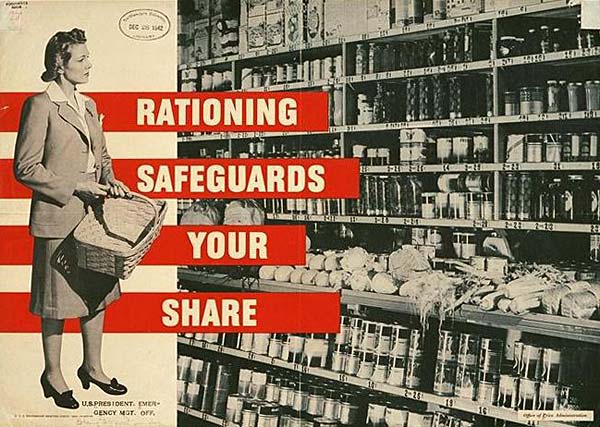
When we think of these times, if indeed we think of them at all, it is to remember, as the historian David Kennedy has noted, that the global victory over totalitarianism, preceded by awful economic depredation, brought my parent’s generation “as far as imagination could reach, from the ordeal of the Great Depression and had opened apparently infinite vistas to the future … and inaugurated a quarter century of the most robust economic growth in the nation’s history – an era of the very grandest expectations.”
The very grandest expectations. What has happened to this America?
Why have we seemingly lost any sense of collective national will to conquer the challenges of our generation? Why have we selfishly and dangerously divided into warring tribes unable to ask and answer the most basic questions: What do we want for our children? Why do we value democracy? What is my individual responsibility to contribute to a better, more secure, stable society?
My parent’s generation struggled and survived through economic collapse and the most destructive war in human history. We are too selfish, so sure of our opinions, that we can’t unite with national and individual purpose to defeat a deadly pandemic.
One of the legacies of World War II was the beginning of the emergence of a Black middle class in America. Soldiers who fought for their country, seen France or Italy, returned to a country where they were still barely even second-class citizens. It would take another generation, and another for these Americans to begin to overcome the institutional racism of Jim Crow and poll taxes and redlining. Now, we can’t come together to admit that this American story is as much a part of our history as is the tale of that woman farmer in Nebraska.
American GIs marched down the Champs-Élysées to make Paris a free city, captured Mussolini’s Rome and liberated the Nazi death camps, yet there is nothing approaching such resolve when it comes to addressing – let alone admitting – climate change. The GI Bill educated a generation. We saddle a new generation with crushing debt. A refugee crisis on the Mexican border isn’t cause for a national strategy to understand and address why thousands of desperate people from Central America desire to come to the United States. Rather the border is just another polarizing flashpoint to score political points and foster more division.
One could argue – correctly – that America has always been divided, caught in a perpetual tug of war between our best intentions and worst impulses, a country both elevated and crippled by our history. Yet, when America has succeeded, and it has often succeeded, it was because of a shared vision that frequently required sacrifice in service to something greater than oneself.
Those Nebraska farmers who saved Mrs. Von Baum’s little plot in 1932 risked something to help others. They weren’t selfish and self-interested. Today’s America is defined by a mind-numbingly ignorant, selfish and deadly debate about whether it’s a violation of personal freedom to get free medicine to help you and your neighbors defeat a disease that has already killed 615,000 of our fellow citizens.
We can do better because we have done better. We can re-write the current story of division and discord to reflect the values of those long-ago Nebraska farmers – community, caring, sacrifice, others before self. We really are in this together. We can choose to value the future of our country more than we celebrate the self-centered impulses of the moment.
—–0—–
Additional Reading:
If you are in the market for some additional reading, I have some suggestions…
The Myth of the Golden Years
I always try to read Tom Nichols, a sometimes prickly conservative, who always makes me think. He has a new book – Our Own Worst Enemy: The Assault from Within Our Modern Democracy – and an excerpt appeared in The Atlantic.
Nichols sticks a pin in our embrace of a nostalgic past, among other things. Trust me – it’s worth your time.
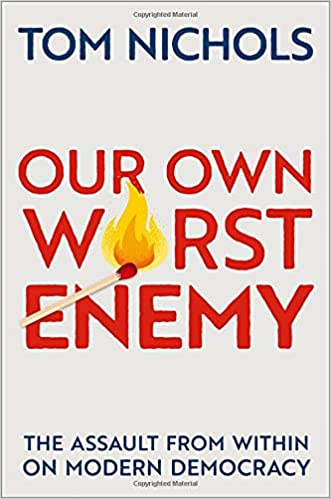
“The ’60s, ’70s, and ’80s are remembered now with sepia-toned nostalgia, but mostly by people who could not possibly remember any of it at all. Younger Americans hear tales from aging relatives of affordable homes and safe streets in Los Angeles, or of guaranteed union jobs waiting in Youngstown or Gary, but these are now like legends passed down through the generations. Not many Americans want to think very much about what it would actually mean in social or economic terms to go back and live in those Kodachrome moments in their minds.”
Cooling Off the Senate
As a writer who has produced two books on U.S. Senate history (and who is working on a third) I have developed enormous respect for the work and people of the Senate Historical Office. The office was established in the 1970’s to preserve the history of the Senate, and obviously to help historians like me. The office produces great material, including a recent wonderful little essay about how the Senate came to have air conditioning.
“There is one complaint lodged against Washington, D.C., however, that has not changed since it was designated as the U.S. capital more than 200 years ago: the summer heat. How to handle Washington’s often stifling heat and humidity has been a perennial challenge for the U.S. Senate.”
Cooling Off the Senate…the link:
Remembering Bob Moses, 1935–2021
Bob Moses, who died recently at 86, was an immensely influential civil rights leader, but so much more. Northeastern University professor Margaret Burnham knew Moses well and she wrote a moving tribute that appeared in The Nation.
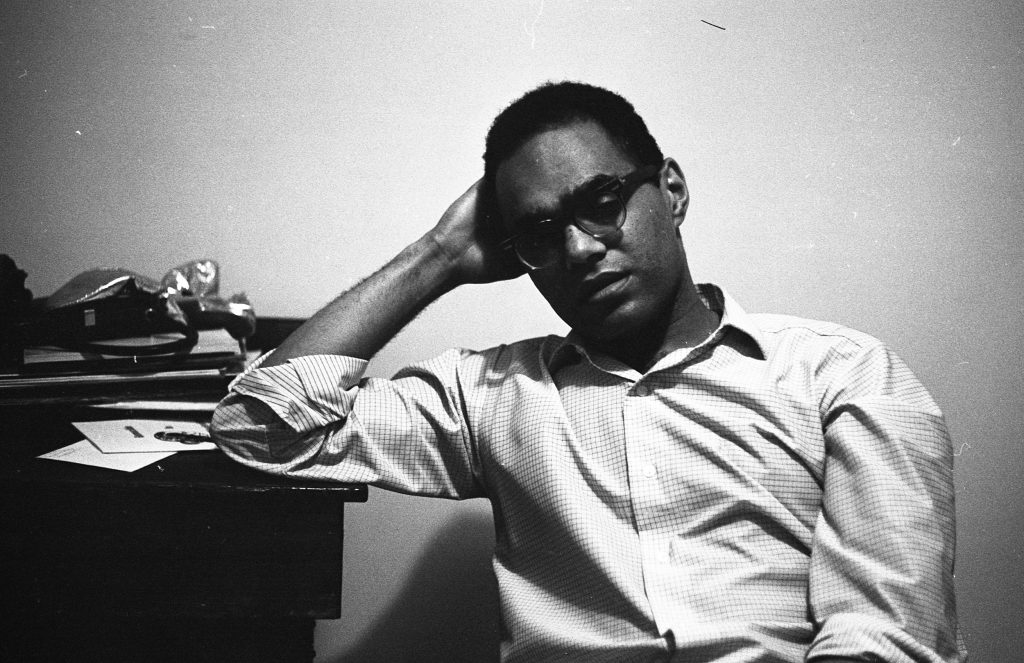
(Photo by Robert Elfstrom/Villon Films/Getty Images)
“The Harlemite who went to Mississippi in 1960 was not obviously destined to become one of our country’s most creative civil rights leaders. At that time, the aesthetic of Black political leadership required voice, and Bob’s was small and quiet. It required an announced religiosity, and Bob’s was also small and quiet. It required sharp elbows, and a sizable ego, and again, Bob’s was small and quiet. It was leadership as “high art” performance that was at the same time “authentic,” and Bob eschewed performance.”
Best race ever? Warholm wins record-setting hurdles race

One of the greatest stories out of the Tokyo Olympics has been the astounding men’s 400 meter hurdles. Norwegian hurdler Karsten Warholm won the Gold, but as the Associated Press put it, also “a world record, a masterpiece and slice of history. It also might have been one of the best races ever run.”
Here is a link to the AP story:
And if you haven’t seen the race, watch it here. Or better yet watch it again. Remarkable.
As always, thanks for following along. Stay safe out there.

